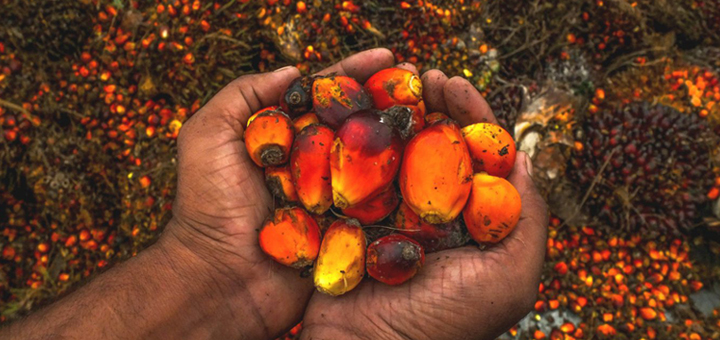Palm Oil and GMO
Non-GMO palm oil is an increasingly popular ingredient in prepared foods

Finding healthy foods for your family that don’t contain genetically modified ingredients is a growing challenge. More than 80 percent of the food produced in North America contains GMOs (genetically modified organisms), also called genetically engineered (GE) ingredients. If you’re trying to limit your family’s consumption of these questionable foods, there is a long list of staples to avoid.
Malaysian sustainable palm oil is non-GMO and rich with vital nutrients.
More than 90 percent of corn and soy are GMO
Genetically engineered varieties of many major crops were introduced in 1996 and rapidly became common in farm fields across the United States. According to USDA data, GMO soybeans went from 17 percent of soybean acreage in 1997 to 68 percent in 2001 to 94 percent in 2015. GMO corn now accounts for 92 percent of corn acreage. A USDA report states that, “adoption of these varieties by U.S. farmers is widespread and U.S. consumers eat many products derived from GE crops – including cornmeal, oils and sugars – largely unaware that these products were derived from GE crops.”
GMO foods you may want to avoid
Common GMO foods in the United States include soy, corn, sugar beets, rice, tomatoes, rapeseed (canola), alfalfa and peas. Many of these foods are also hidden ingredients in your family’s favorite foods, making them even more difficult to avoid them. Soy, an inexpensive source of protein and oil, is estimated to be in 60 percent of processed foods, perhaps accounting for 10 percent of our daily calories.
Non-GMO Malaysian sustainable palm oil

Non-GMO palm oil is an increasingly popular ingredient in prepared foods. Malaysian sustainable palm oil is preferred by many American companies because the Malaysian palm oil industry follows environmentally friendly agricultural policies. In addition to being non-GMO, palm oil is naturally trans fat-free and rich in heart- and brain-healthy vitamin E tocotrienols. More manufacturers are expected to turn to this premium ingredient as a replacement for both trans fats and GMO oils in their processed foods.








Leave a Reply